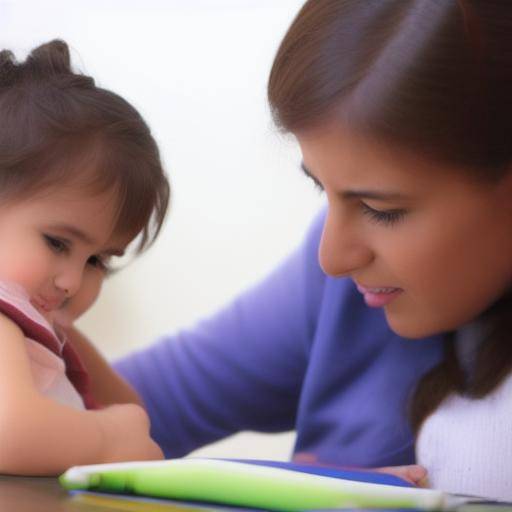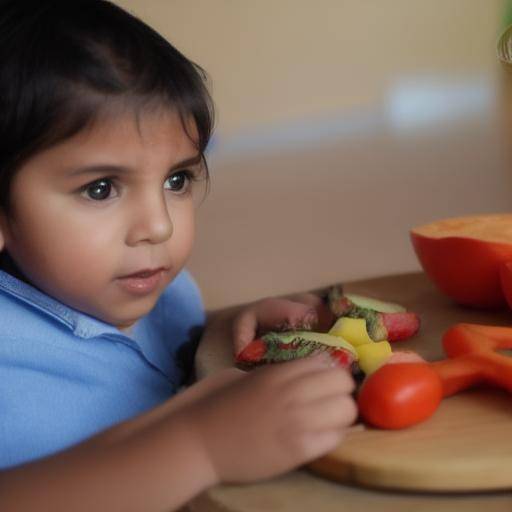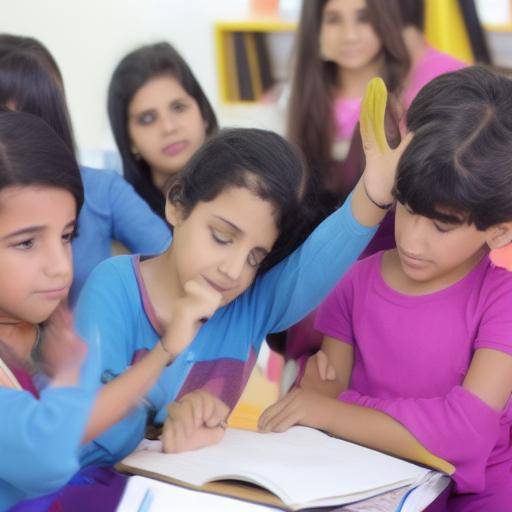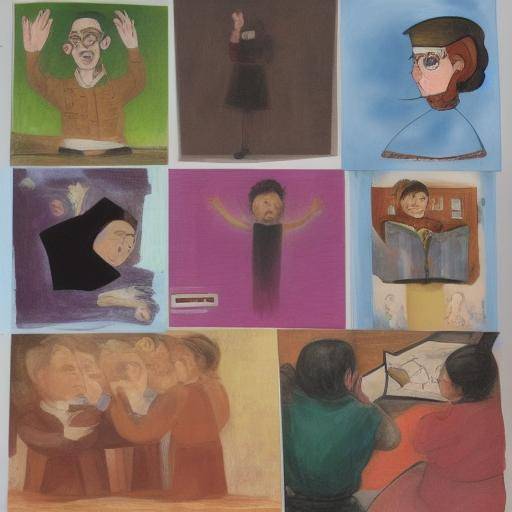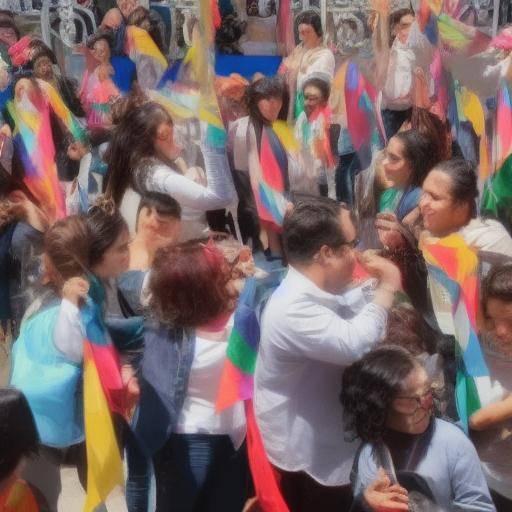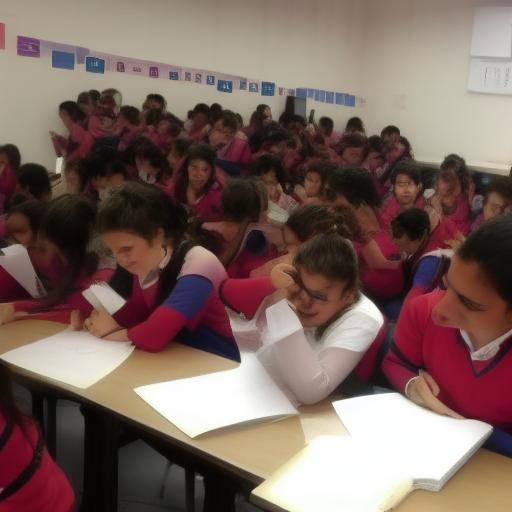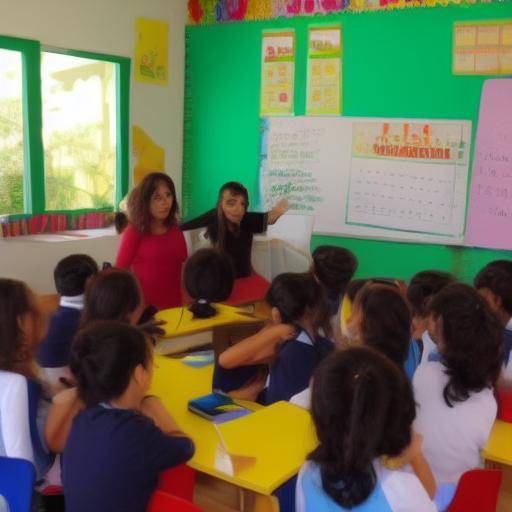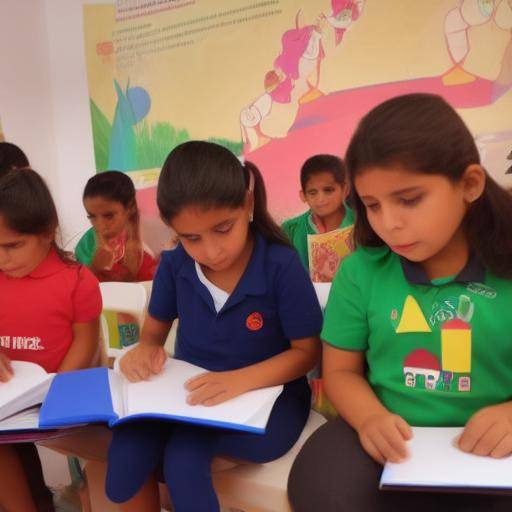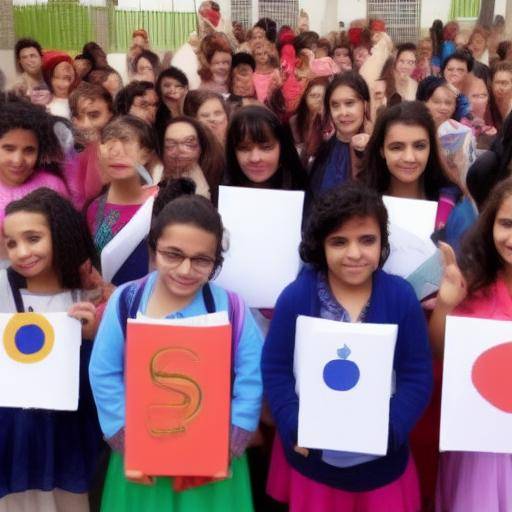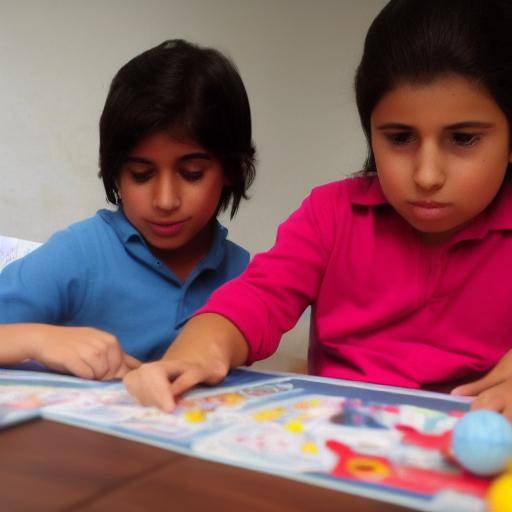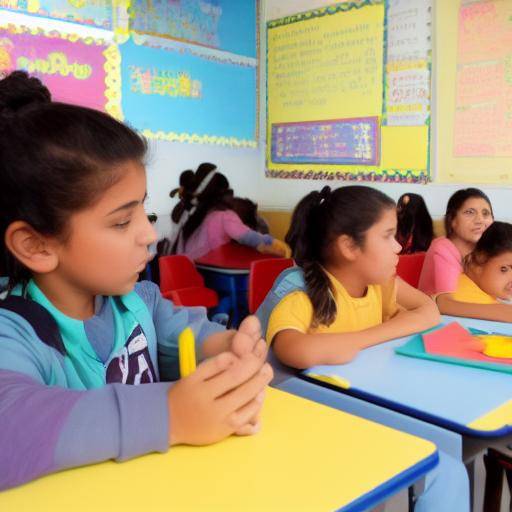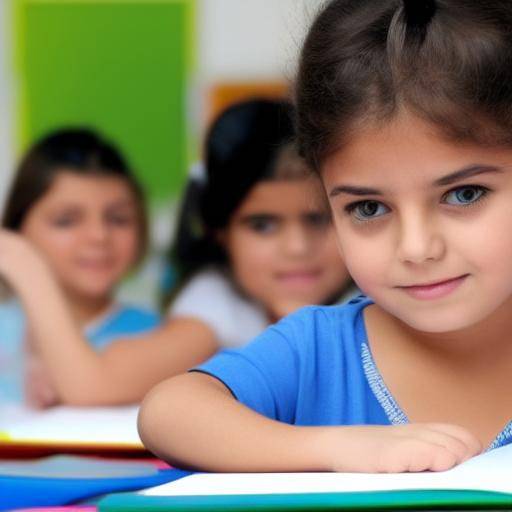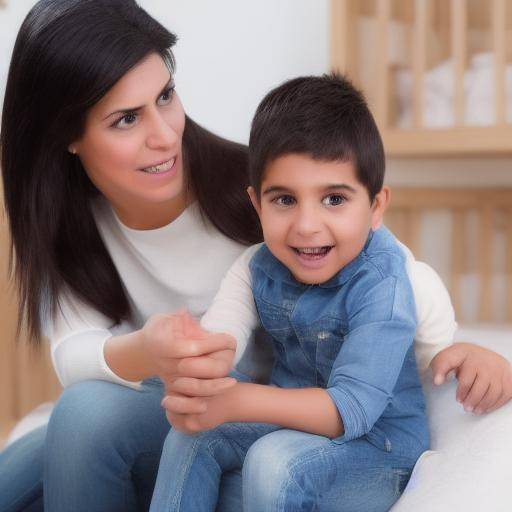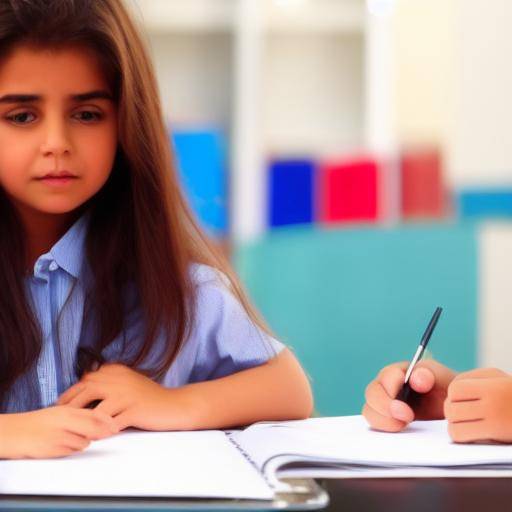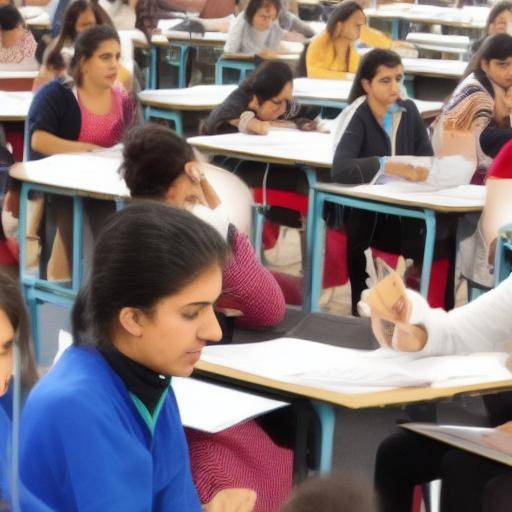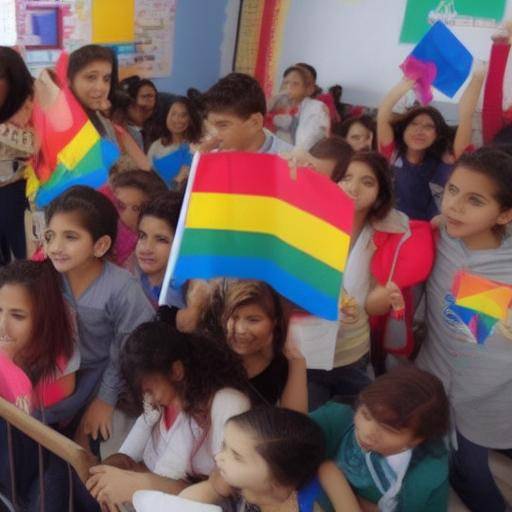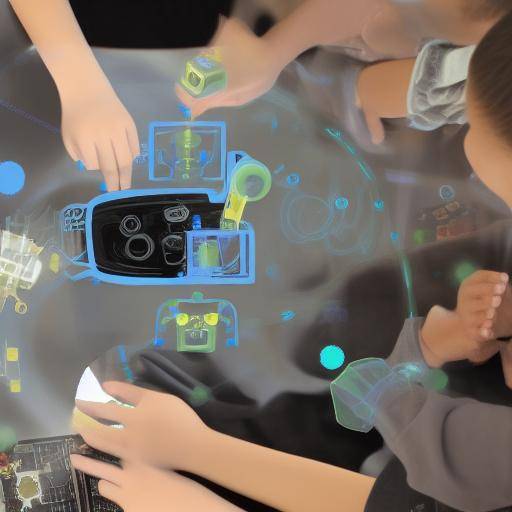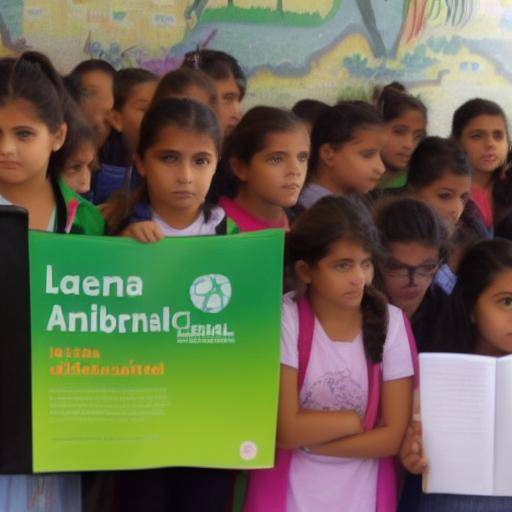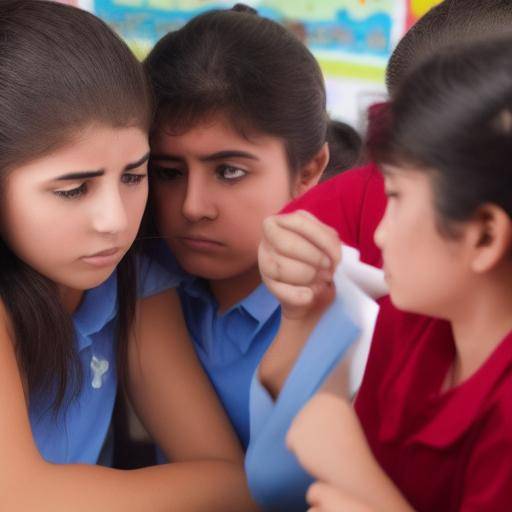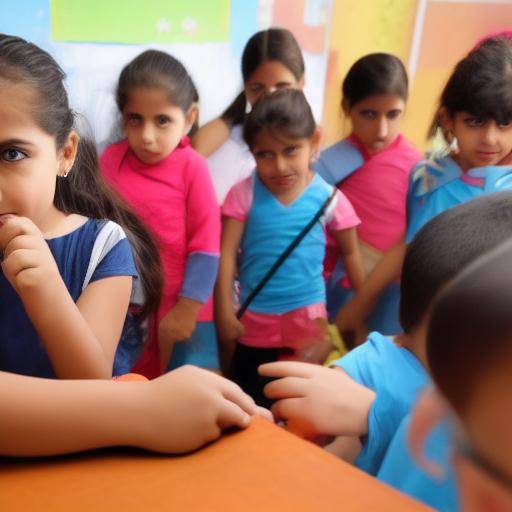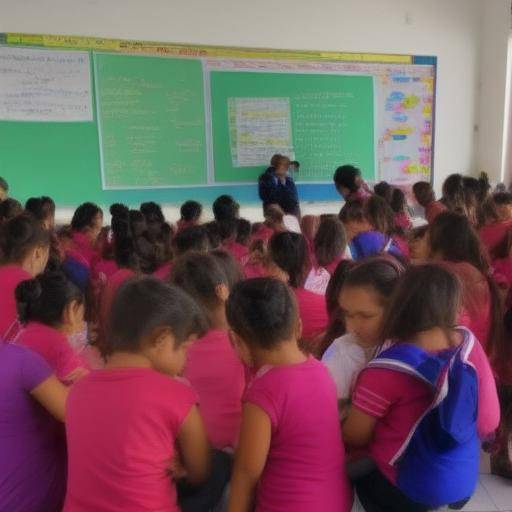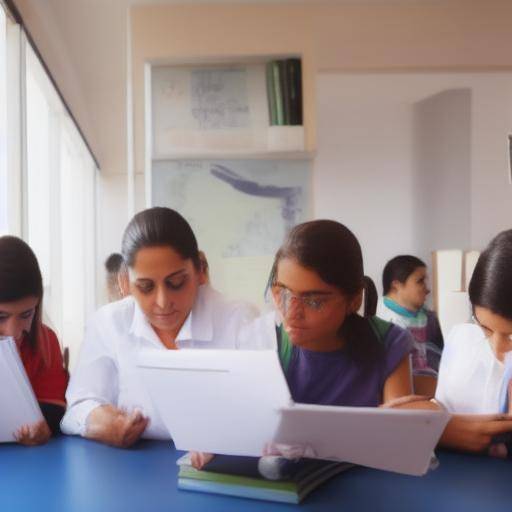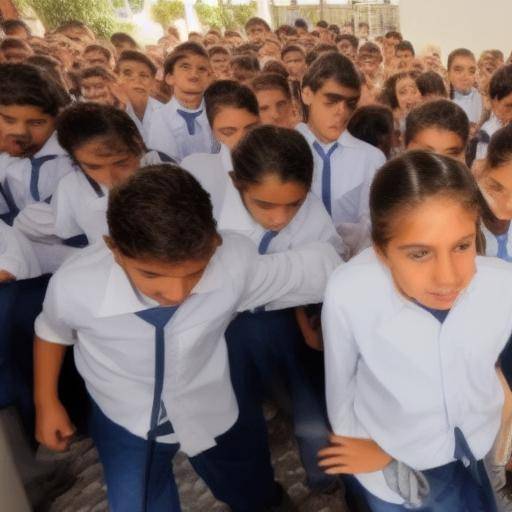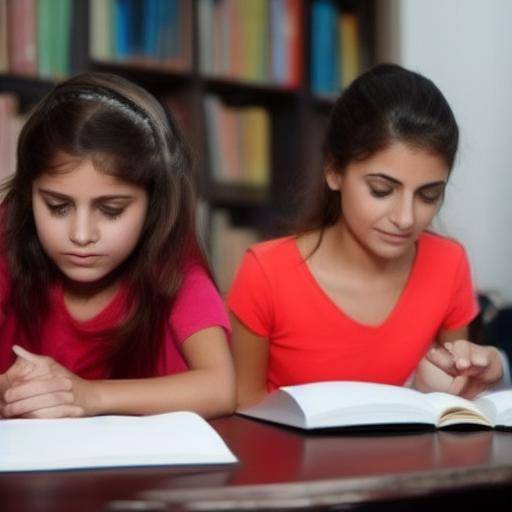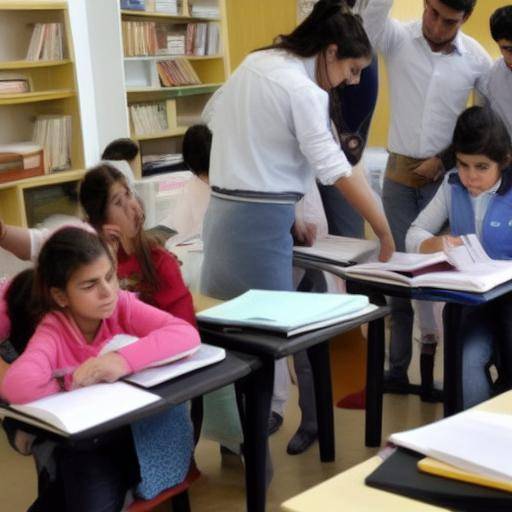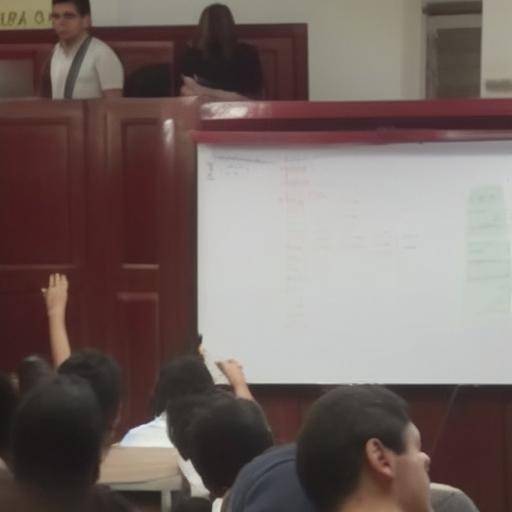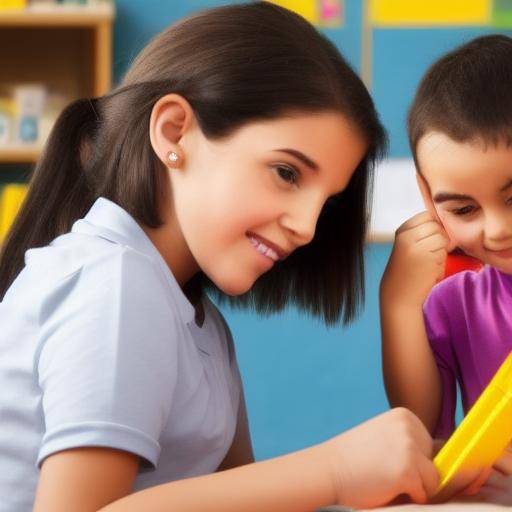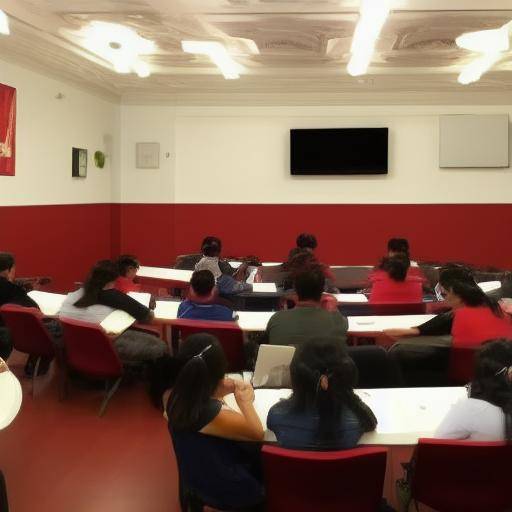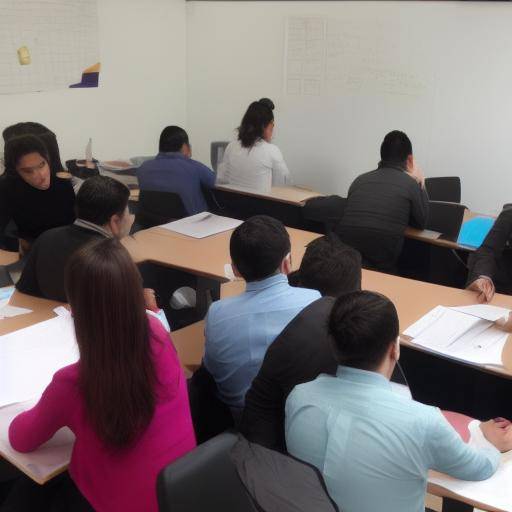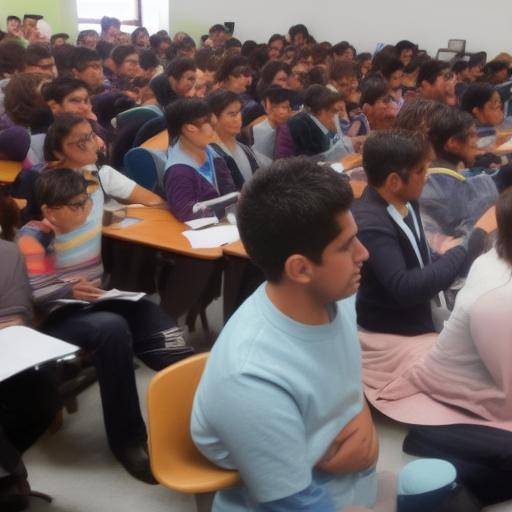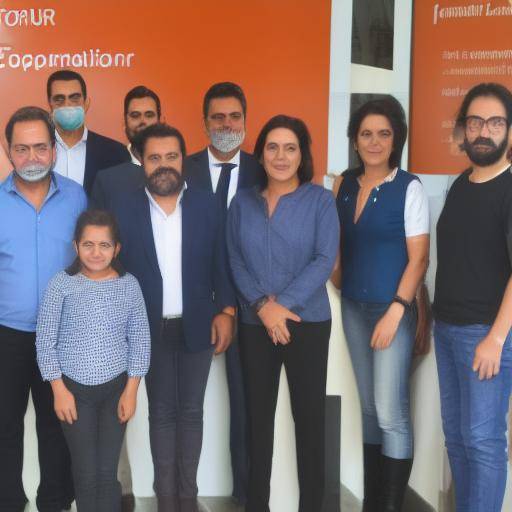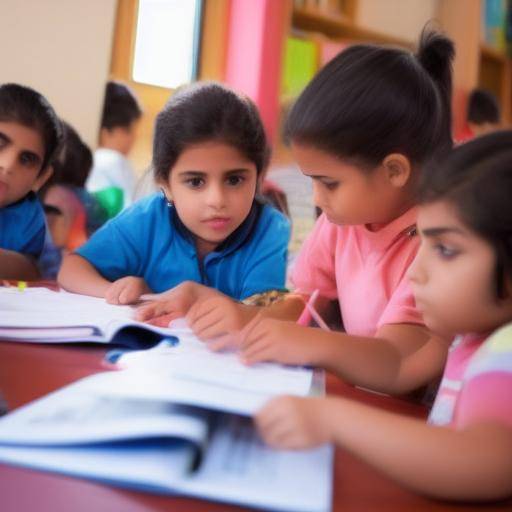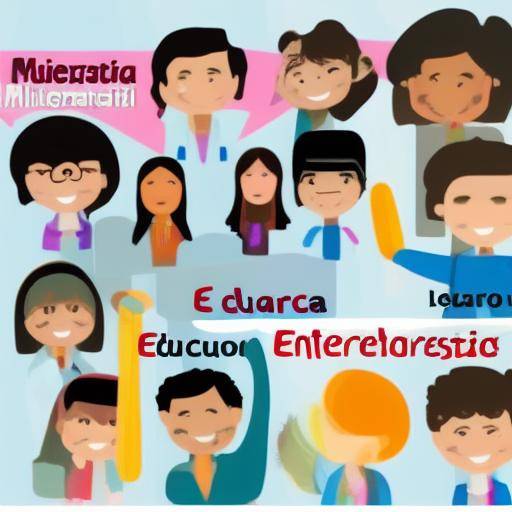
Multicultural education has a crucial role in our globalized society. With growing cultural diversity in all spheres of life, it is essential to develop effective strategies that promote understanding, respect and active participation in plural environments. In this article, we will thoroughly explore strategies for multicultural education, addressing its history, benefits, challenges, practical applications, future trends and much more. Join us on this journey to discover how multicultural education can enrich our lives and strengthen social cohesion.
History and Background
Multicultural education is rooted in the need to address cultural diversity and promote equal opportunities in education. During the nineteenth and twentieth centuries, social and theoretical movements of education advocated a more inclusive approach to recognize and value cultural differences.
One of the most significant milestones in the history of multicultural education was the emergence of the civil rights movement in the United States in the 1960s. This movement not only fought for racial equality, but also influenced educational policies, promoting programmes aimed at promoting cultural diversity in classrooms.
In Latin America, bilingual intercultural education has been instrumental in preserving and promoting indigenous languages and cultures, recognizing their importance in the identity of indigenous communities.
Analysis in Deep
Multicultural education provides a wide range of benefits, such as creating inclusive environments that promote mutual respect and understanding among people of different cultural backgrounds. However, it also faces significant challenges, such as resistance to the inclusion of multicultural content in the curricula and lack of adequate training for teachers in the management of cultural diversity in the classroom.
At present, multicultural education has evolved to address not only cultural diversity, but also gender diversity, sexual orientation, different capacities and other forms of diversity. This holistic approach seeks to promote greater equity and social justice in the educational field.
Comprehensive review
The implementation of effective strategies for multicultural education is critical to maximizing their benefits and addressing their challenges. Some of the most successful strategies include the continued training of teachers in intercultural competence, curriculum design that reflects cultural diversity, the promotion of community participation in school life and the promotion of empathy and tolerance among students.
Experts agree that the integration of multicultural education at all stages of the educational process, from curriculum planning to results assessment, is essential for its long-term effectiveness. Collaboration between educational institutions, community organizations and families is also crucial to creating an enabling environment for cultural diversity.
Comparative analysis
By comparing conventional education with multicultural education, it becomes clear that the latter has a more inclusive and equitable approach, promoting respect for and appreciation of cultural diversity as enriching assets. While conventional education tends to reflect a single dominant cultural perspective, multicultural education seeks to integrate multiple voices and experiences into the educational process.
In the area of strategies, multicultural education is distinguished by its focus on the recognition and valuation of differences, which is translated into more flexible and adaptive teaching methodologies that meet the individual needs of students from different cultural contexts.
Practical Tips and Accessible Tips
If you are interested in implementing effective strategies for multicultural education, here are some practical tips that can guide you on this path:
- Promote the inclusion of diverse educational materials that reflect cultural diversity in your classroom.
- It promotes intercultural dialogue and active participation of students in activities that value differences.
- It offers training in intercultural competence for teachers and educational staff.
- It establishes partnerships with local communities to enrich the educational environment with diverse cultural experiences and knowledge.
- Create safe and welcoming spaces where all students feel valued and respected by those who are.
Industry Perspectives and Expert Reviews
Education experts agree that multicultural education is fundamental in the current context, as it prepares students to live and work in an increasingly diverse society. The integration of multicultural strategies in education not only benefits students from different cultures, but also enriches the educational experience of all students, broadening their horizons and fostering empathy and understanding.
According to Maria Torres, an expert in multicultural education: "Cultural diversity is an asset that enriches learning and coexistence. It is crucial that education reflect this diversity to prepare future generations in a globalized world."
Case Studies and Practical Applications
To better understand how multicultural education strategies are applied in practice, consider the case of a primary school in a culturally diverse community. Teachers implement a curriculum that incorporates stories and activities that reflect the different cultural traditions present in the community. In addition, intercultural events are organized where families are invited to share their traditions and customs, thus enriching the educational environment and strengthening community ties.
This approach has proved effective in fostering mutual understanding and respect among students, as well as in empowering students to value their own cultural identities and those of others.
Future Trends and Predictions
As we enter the future, multicultural education is likely to continue to gain importance in the educational field. With the growing global connectivity, cultural diversity will remain a constant reality, and the need for effective strategies for multicultural education will become even more pressing. Future trends aim at an increasingly integrated approach to cultural diversity in all aspects of education, from institutional policies to daily pedagogical practices.
Conclusion
Multicultural education is a fundamental pillar for cultivating inclusive, equitable and comprehensive societies. By promoting respect for and appreciation of cultural diversity, strategies for multicultural education open doors to a world where each individual may feel valued and empowered independent of their cultural origin.
Frequently asked questions
Why is multicultural education important in today's society?
Multicultural education is important because it prepares individuals to live and work in a diverse society, fosters intercultural understanding and promotes equity and social justice.
What challenges are the implementation of strategies for multicultural education?
Among the most common challenges are the resistance to the inclusion of multicultural content in the curricula, the lack of adequate training for teachers in intercultural competence and the need for collaboration with the community.
How can parents contribute to the multicultural education of their children?
Parents can contribute by promoting the assessment of diversity, sharing their own cultural traditions with their children and by fostering respect for the cultures of others.
What are some examples of effective strategies for multicultural education in educational settings?
The inclusion of diverse educational materials, training in intercultural competence for teachers, the creation of safe intercultural spaces and collaboration with the community to enrich the educational environment are some examples of effective strategies.
What is the impact of multicultural education on the emotional development of students?
Multicultural education can have a positive impact on the emotional development of students by promoting empathy, respect and self-esteem by recognizing and assessing diversity.
How can companies and organizations implement multicultural education in their training programs?
Companies and organizations can implement multicultural education in their training programmes by promoting diversity and inclusion, raising awareness of the different cultures present in the organization and creating policies and practices that reflect diversity.
How does multicultural education contribute to strengthening social cohesion?
Multicultural education contributes to the strengthening of social cohesion by fostering mutual understanding, respect and active participation in diverse environments, thus promoting integration and harmonious coexistence among people of different cultural backgrounds.
Conclusion
In short, multicultural education represents a unique opportunity to enrich educational experience, build inclusive societies and promote respect for diversity. By integrating effective strategies for multicultural education, we can cultivate a future where each individual is valued and empowered, regardless of their cultural origin. The implementation and promotion of these strategies will not only benefit current generations, but will lay the foundation for a more equitable, comprehensive and cohesive world in the future.

